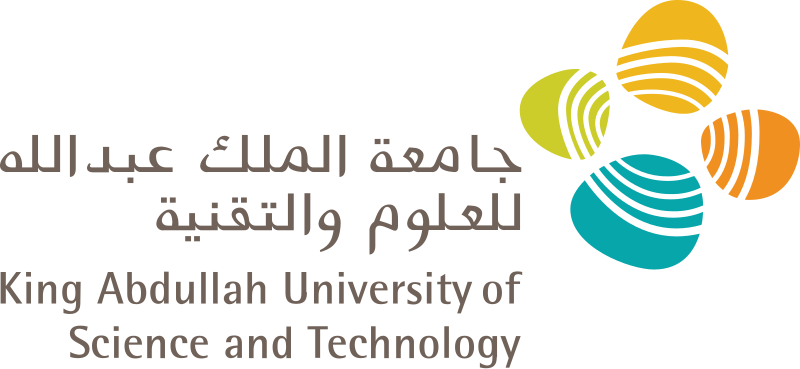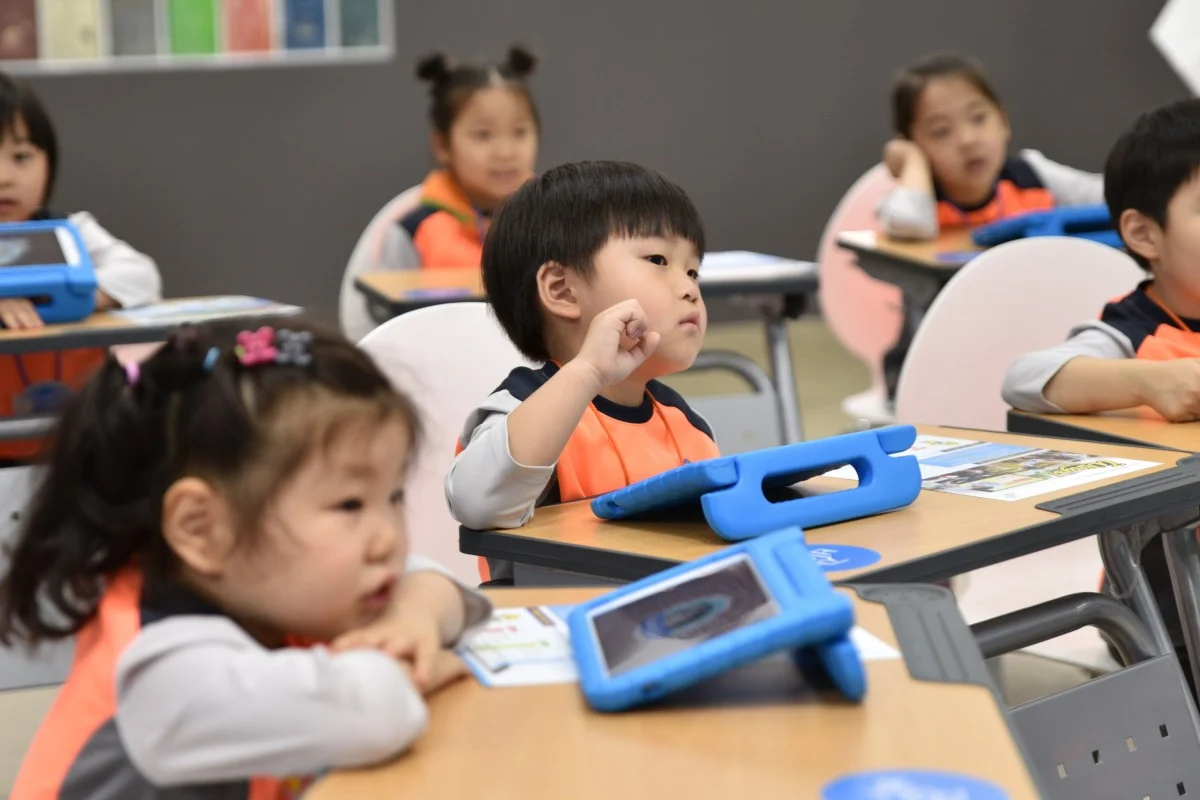
Applying to KAUST - Your Complete Guide for Masters & Ph.D. Programs (Upcoming Admissions)
Admissions Overview & Key Requirements

South Korea’s National Assembly is set to debate a controversial bill that would ban English-language kindergartens and limit early English education for preschoolers, as growing public concern mounts over the extreme private education practices that subject preschool children to intensive tutoring and entrance exams to obtain admission to reputable “English kindergartens”, the Korea Times has reported.
The proposal, introduced by Rep. Kang Kyung-sook of the Rebuilding Korea Party, seeks to curb what critics call “academic overexposure” among young children. Under the bill, English and other academic lessons would be completely prohibited for children under 36 months, and limited to 40 minutes a day for preschoolers who have not yet entered elementary school.
If passed, the restrictions would apply to all forms of early English education, including private tutors, for-profit academies (hagwons), and so-called “English kindergartens”, preschools where English is the main language of instruction.
The bill has gained unusual bipartisan traction, with all 17 regional education offices backing tighter rules on early childhood English programs. Officials say overemphasis on foreign language learning at such a young age risks harming children’s emotional and cognitive development.
“Early childhood is a sensitive period, and exposure to competitive exams can lead to learning anxiety and low self-esteem,” the North Chungcheong Provincial Office of Education said in a statement.
Much of the debate centers on the capital region, home to over 63 percent of the country’s 820 English kindergartens, according to the Ministry of Education. In Seoul’s affluent Daechi-dong district, many kindergartens hold entrance exams and charge high fees, reflecting parents’ deep anxiety about giving their children an early academic edge.
Yet, three education offices ― in Busan, South Chungcheong Province and North Gyeongsang Province ― called for a cautious approach, saying such restrictions could drive the private education market underground and limit parents’ legal right to choose the kind of education their children receive.
Speaking to reporters at a press conference on Oct. 20, Education Minister Choi Kyo-jin said there should be some restrictions to curb excessive English education targeting preschoolers.
“I basically oppose the fact that English academies run kindergartens for preschoolers,” Choi said. “However, if the focus is solely on regulation, it could drive private education into other, less visible forms. That is why our ministry aims to go beyond simple punishment and regulation by strengthening field oversight, expanding alternative English programs within public schools and improving parental awareness.”
Share

Applying to KAUST - Your Complete Guide for Masters & Ph.D. Programs (Upcoming Admissions)
Admissions Overview & Key Requirements

An mRNA cancer vaccine may offer long-term protection
A small clinical trial suggests the treatment could help keep pancreatic cancer from returning

Registration Opens for SAF 2025: International STEAM Azerbaijan Festival Welcomes Global Youth
The International STEAM Azerbaijan Festival (SAF) has officially opened registration for its 2025 edition!

Young Leaders Union Conference 2025 in Paris (Fully Funded)
Join Global Changemakers in Paris! Fully Funded International Conference for Students, Professionals, and Social Leaders from All Nationalities and Fields

Yer yürəsinin daxili nüvəsində struktur dəyişiklikləri aşkar edilib
bu nəzəriyyənin doğru olmadığı məlum olub. Seismik dalğalar vasitəsilə aparılan tədqiqatda daxili nüvənin səthindəki dəyişikliklərə dair qeyri-adi məlumatlar əldə edilib.

Lester B Pearson Scholarship 2026 in Canada (Fully Funded)
Applications are now open for the Lester B Pearson Scholarship 2026 at the University of Toronto!